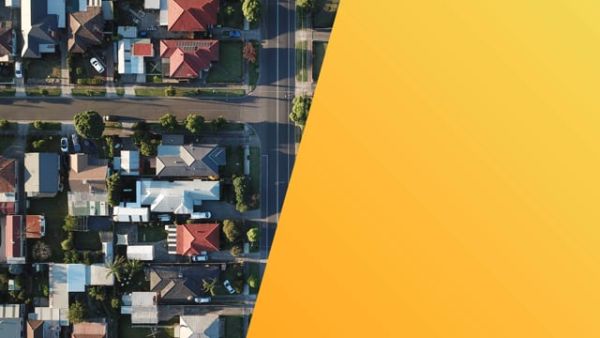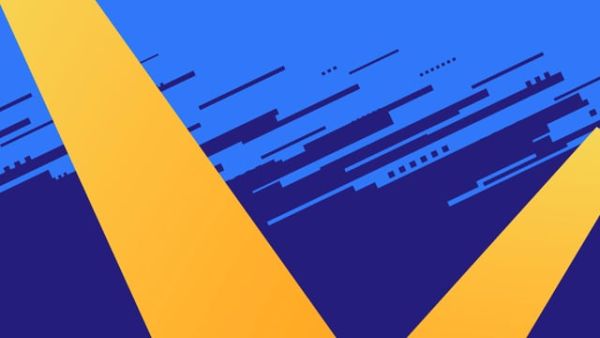

Colleges and universities have long been considered the equalizers of opportunity and upward mobility in the US. Before the pandemic, challenges facing universities included rapidly escalating tuition, equitable recruitment and admissions policies, workplace preparedness, and doubts regarding return on student and family investment. The pandemic magnified discrepancies between the "haves" and "have nots," with impact on both traditional and nontraditional students and institutions. Nontraditional educational opportunities—e.g., online education, part-time certification programs—emerged as supplemental tools for upskilling and reskilling new and returning students. How are educators leveling the playing field to equalize educational opportunities? What is the role of the private sector in upskilling its employee base to meet the needs of tomorrow's jobs? Is it time to reimagine fundamentally how the higher education system can better meet the nation's economic, social, and workplace needs?


